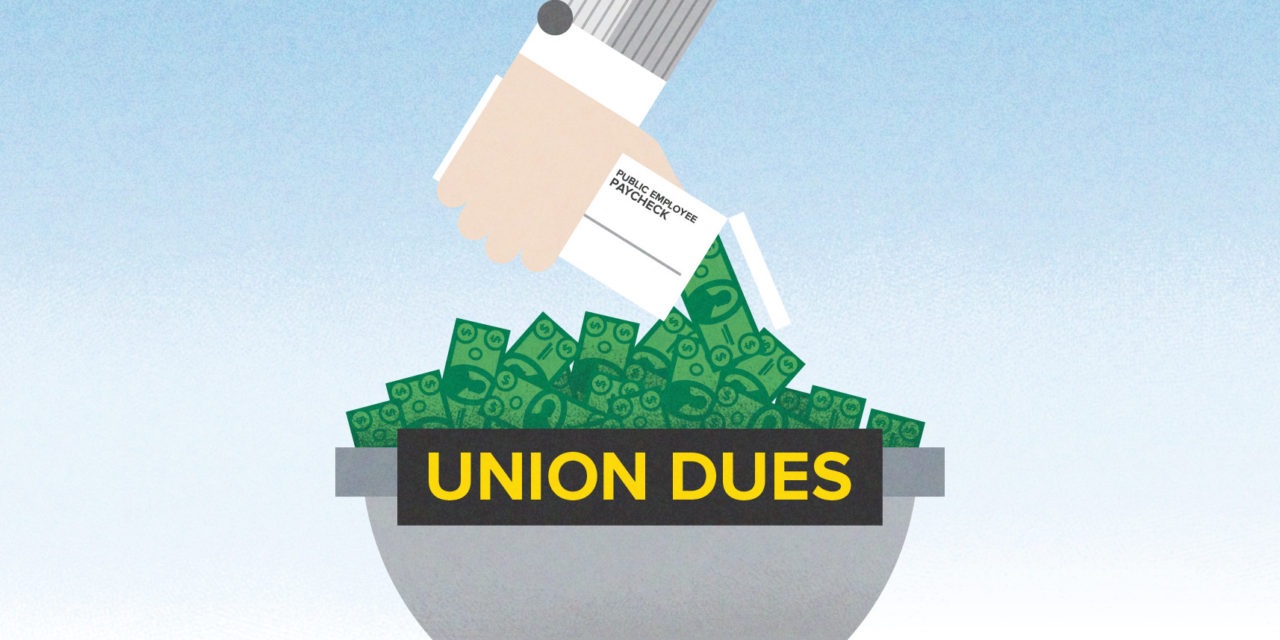What does last week’s Supreme Court decision outlawing mandatory union fees mean for me?
The law doesn’t affect private employers, so if you’re associated with a private employer simply carry on, there’s nothing to see here.
But if you or someone you know works in the public sector and are represented by a union, you can now opt out of paying dues. Before, you had no choice. If you were part of a bargaining unit, dues could be taken out of your paycheck whether you wanted to or not, whether you had joined or not.
Why was the union allowed to take dues out of non-members’ paychecks in the first place? Because, for over 40 years the rationale was, even if you weren’t a union member, in the public sector you still benefited from union bargaining with better pay, working conditions and a pension (like cops and firefighters). A similar rationale is at play when we require all home owners –those who have children and those who do not- to pay taxes for schools in their community. Why? Because society as a whole benefits from having educated kids. So that even if I have zero kids attending schools, at least my neighbor’s kids are getting an education and becoming good citizens, which in turn benefits me.
This rationale is no longer applicable to paying fees in public unions.
What if I work for the private sector and my company has a union? Can they take dues out of my paycheck if I don’t approve?
Not if you work in Florida. We are a “right-to-work” state (not to be confused with “at-will”) which means you have a “right” to work for a private employer without being forced as a condition of employment to join or pay dues to a labor union. In other words, private sector employees in Florida have already been enjoying the same choice to opt out of paying dues, that public employees will now have.
The Supreme Court’s ruling essentially makes every state a right-to-work state for the public sector.
In states without right-to-work legislation (CA, NY, PA, OH, OR, CO, NM among others), employers and unions can agree to require workers in a bargaining unit to either join the union or pay certain fees within a specified time after their start date.
Clear as mud? Seriously, I hope this helps.
Source: SHRM.org
©Copyright Eva Del Rio
Eva Del Rio is creator of HR Box™ – tools for small businesses and startups. Send questions to Eva@evadelrio.com



